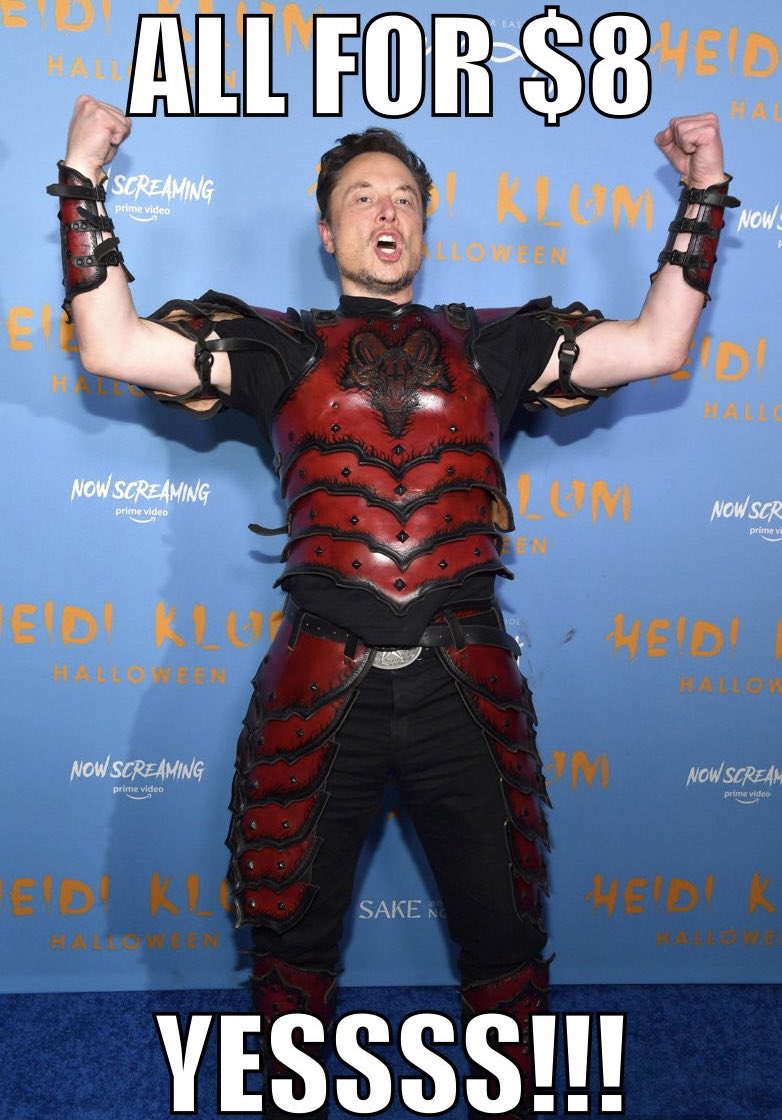Elon Musk Axed 80 Percent Of Staff, Admits Painful Tenure

Musk tells BBC Twitter is now roughly breaking even and advertisers are returning, but admits running platform is “quite painful”
Elon Musk in an interview with the BBC has admitted that he only went through with his Twitter purchase because a US judge was about to force him to honour his agreement and complete the deal.
In the interview Musk told the BBC that running Twitter has been “quite painful” and “a rollercoaster”, and also said also he would sell the company if the right person came along (although not for $44bn).
Musk revealed that Twitter now only has 1,500 staff, meaning he has laid off approximately 80 percent of its staff (prior to the Musk takeover, Twitter had a workforce just under 8,000 people).

Controversial tenure
In his interview with the BBC, Musk defended his controversial running of the company, and denied there has been a surge in misinformation and hate speech on the platform (despite some studies finding the opposite).
Asked whether he had any regrets about buying Twitter, Musk reportedly said the “pain level has been extremely high, this hasn’t been some kind of party.”
Talking about his time at the helm so far, Musk said: “It’s not been boring. It’s been quite a rollercoaster.”
It has been “really quite a stressful situation over the last several months”, he reportedly added, but said he still felt that buying the company was the right thing to do.
Things are going “reasonably well”, Musk told the BBC, stating that usage of the site is up and “the site works.”
The workload means that “I sometimes sleep in the office”, he reportedly said, adding that he has a spot on a couch in a library “that nobody goes to.”
And he also addressed his sometimes controversial tweets saying: “Have I shot myself in the foot with tweets multiple times? Yes.”
“I think I should not tweet after 3am,” he added.
Advertisers return?
Discussing Twitter’s finances, Musk said the company is now “roughly breaking even”, as most of its advertisers have returned.
“We could be profitable, or to be more precise, cash flow positive this quarter if things keep going well,” he reportedly. I think almost all advertisers have come back or said they are going to come back.”
This is different from what he said in March.
Last month Musk at a Morgan Stanley investor conference said that Twitter had been hit by a “massive decline in advertising,” some of which he said was due to the cyclical nature of ad spending and some of which was “political.”
Musk critics will suggest that only the reason Twitter may be close to breaking even is due to huge number of layoffs, and Twitter not paying its bills.
The firm under Musk has been sued repeatedly for failure to pay outstanding invoices.
Musk also told the BBC that cutting the workforce from just under 8,000 at the time he bought the firm to about 1,500 had not been easy.
He admitted he did not fire everybody in person, saying: “It’s not possible to talk with that many people face to face.”
“I wouldn’t say it was uncaring… If the whole ship sinks, then nobody’s got a job,” he told the BBC.
The exit of many of Twitter’s engineers since Musk bought the company has raised concerns about the stability of the platform.
He acknowledged some glitches, including outages on the site but he said the outages have not been for very long and the site was currently working fine.
BBC labelling
Musk did tell the BBC interview that he would change the BBC Twitter label from “government funded” to “publicly funded” after a row last week over its labelling.
The BBC had objected to the original description, stressing the corporation’s independence. It is mainly funded by the British public through a TV licence fee.
Several hours after the interview this change was made.
Meanwhile National Public Radio (NPR) in the United States has announced it will stop using Twitter in a row over how its account is described.
The US not-for-profit news organisation was angered after Twitter decided to describe the outlet as “government-funded media.”